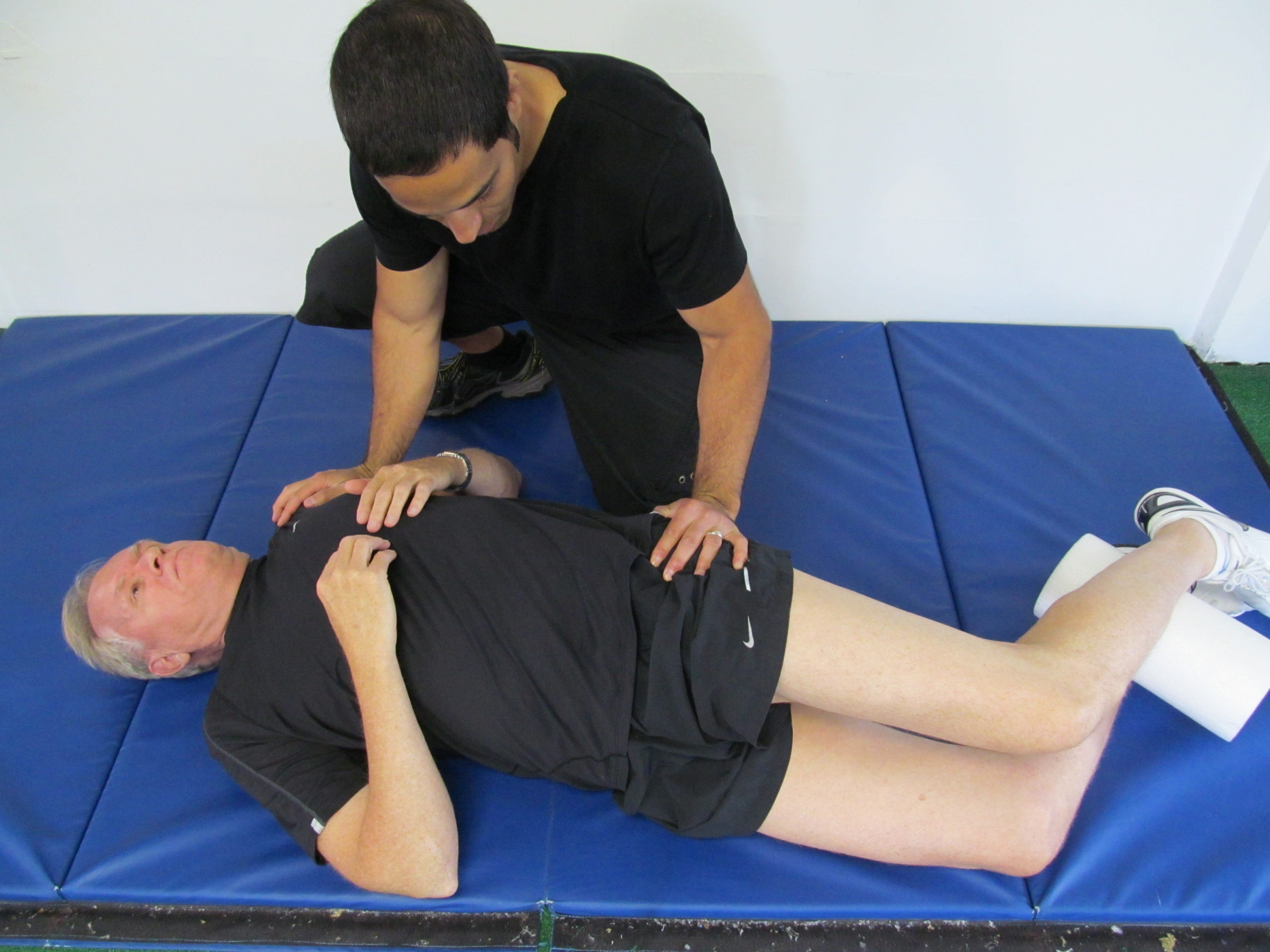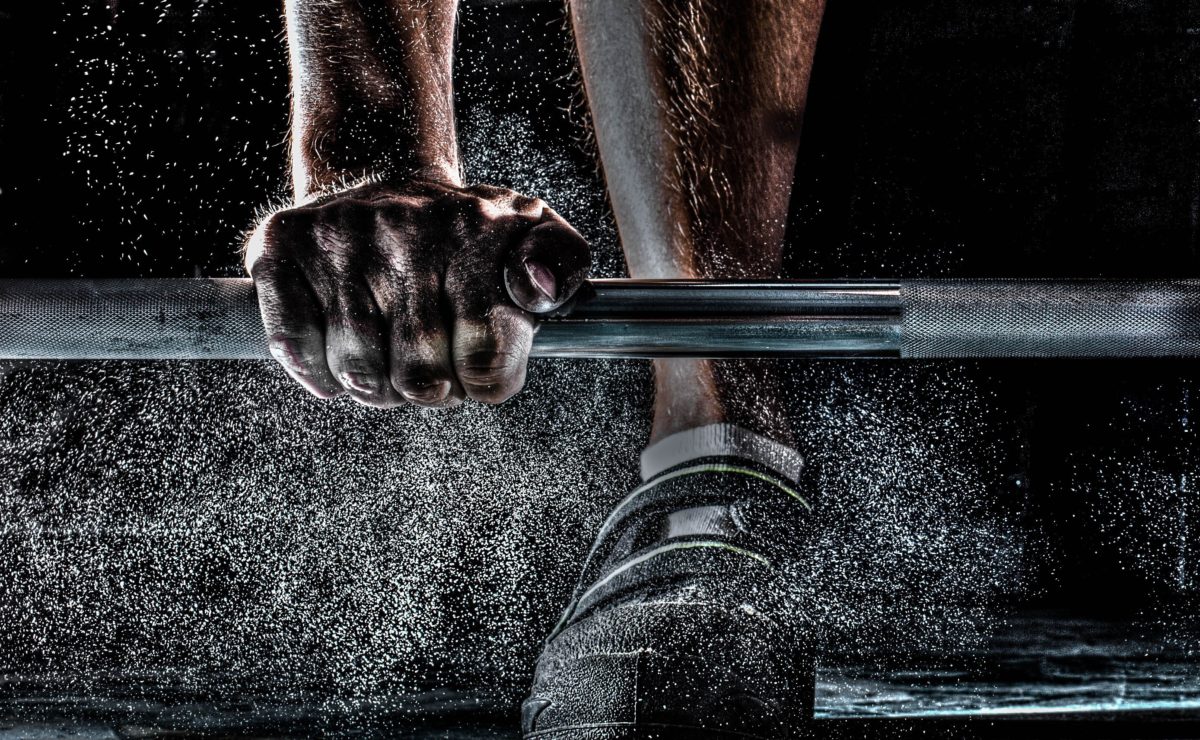How To Find a Good Personal Trainer
A personal trainer can have a profound impact on your quality of life. Exercise is the best medicine – capable of improving and maintaining physical and emotional health. Unfortunately, personal trainer quality varies tremendously. Luckily, good trainers leave clues. Due diligence begins by following the steps below!
STEP 1 Drop Your Biases
Physical Bias: Try not to immediately gravitate toward the prettiest or best built male or female in your gym. While this can be tempting, remind yourself that great genetics (and chemicals additives) can easily mask horrible training practices. Less spectacular looking specimens often have to fight tooth and nail to achieve moderate results. Genetically challenged individuals cannot make mistakes in their training and are intricately connected with methods that work.
Academic Bias: A degree or diploma does not automatically qualify someone as the best trainer for your goals. Even a trainer with a post-graduate degree may have little practical experience in your field of concern. Fitness and health information is evolving rapidly – trainers must keep their knowledge contemporary. Without maintenance, a degree quickly becomes obsolete! Balance your perspective and consider the tremendous value of experience as well as passionate, self-directed learning.
STEP 2 Observe
If you want to choose a trainer within your current gym environment, take some time to watch him or her in action. All behaviours give clues and you should take note of the following:
Professional Behaviour: How the trainer behaves with clients. Try to answer the following:
– Does the trainer arrive on time?
- Are they preapared?
- Are workouts preconceived or improvised on the fly?
- Are observations and results documented?
- Is their posture alert and attentive?Disqualify trainers that are consistently late, sitting, laying down, texting, preoccupied with themselves or their surroundings. Trainers should be active and engaged with their clients, either spotting, assisting with stretching, taking notes, mentoring or managing equipment.
Leisure Behaviour: How the trainer behaves when not with clients. Good trainers can often be seen doing the following:
- working on fitness blogs (!)
- creating programs
- reading to improve their knowledge base
- experimenting with exercises
- managing their businessDisqualify front-desk flirters, perpetual phone-scrollers and general lollygaggers.
STEP 3 Interview
Speak to a few of the prospective trainer’s clients. Find out how long they have worked together and their general impressions. Good trainers have long-term relationships with many of their clients.
Most trainers will offer a free, initial consultation. Use this session to ask the following questions:
- Do you perform an assessment ? (to determine a client’s state of physical readiness, prescribe a course of action and to document starting statistics)
- What fitness skills and certifications do you have?
- How do you keep your knowledge current? (a great indication of a good trainer is an immediate ability to name several inspirational authors, fitness leaders and publications)
- Have you worked previously with someone like myself? (in terms of goals, attributes and circumstances)
- What are your goals for the future? (keen trainers have clear, industry related ambitions – half hearted trainers can’t wait to move on to becoming real estate agents, insurance brokers or interior designers)
STEP 4 Weigh Personality Wisely
Beware! First impressions are performances and the best performers are often miserable.
Even though your personal training candidate survived the first three steps of scrutiny make sure their personality suits yours. Throughout the years I have defined several trainer personality types:
- The Narcissist: Narcisists are drawn towards becoming personal trainers. They can be quite astute in their fitness knowledge but have the character of an overgrown baby. When you form a partnership with someone make sure there is at least one adult.
- The Cheerleader: These are the trainers which spew a continous loop of baseless, positive drivel. If you can tolerate a lack of meaningful insight from your fitness leader then the simplicity offered by this relationship is bliss!
- The Drill Sargeant: The type most featured in media, Drill Sargeants can be great motivators. However, constant shouting and dirision gets tiresome – you will probably want to drill the sargeant in the head after a couple of months. Great choice for short-term bursts of intensive fitness.
- The Fitness Nerd: Ususally underdeveloped trainers who compensate by having vast knowlege. Knowlege is great but if its application failed to render results in the Nerd it may also fail to render results in clients. Consider a nerd if all you want is a few sessions of basic, exercise information.
- The Believer: These personality types buy into every new trend and gadget that hits the fitness market. They love rubber, magnets, vibration, inflatables, electronics and other gizmos. Unfortunately, few trends stand the test of time and followers lose time, money and dignity.
- The Adaptive Personality: The very best trainers adjust their personality to best suit the changing needs of the client. They can be tough, gentle, loud, quiet, personable or professional. Their character and mood are consistent from day to day and workout to workout. The best personality for most.
Without regulating bodies or standards the responsibility of finding a high-quality trainer is entirely up to the consumer. Use the steps outlined above to cut through the fluff. Don’t commit to a large number of sessions at first and try several trainers. Look for honest referrals. Never underestimate the value of a good personal trainer!


Recent Comments